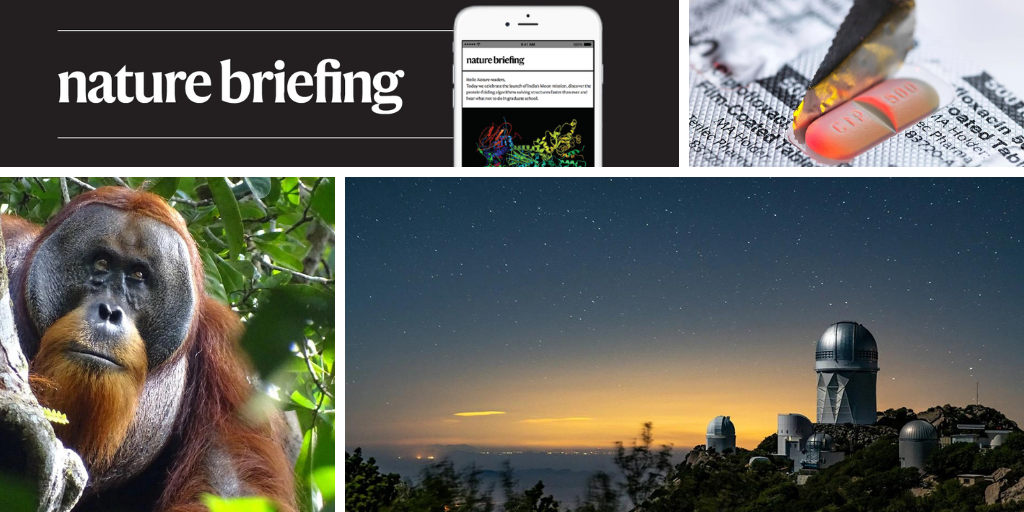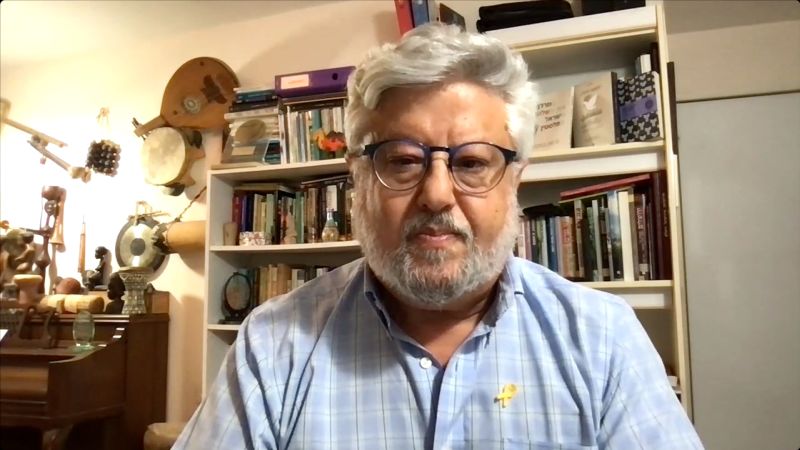For a few moments during the coronation on Saturday, King Charles III will disappear behind a screen to be anointed with consecrated oil. When that happens, I know I’m going to miss my mother. There is a tree embroidered on the screen, and if you look closely, you can see the names of each of the 56 countries in the Commonwealth of Nations (most of them former territories of the British Empire) sewn into its blue leaves. One leaf has Guyana, where my parents were born. I know my mother would have looked for it.
Both of my parents were members of what Britons call the Windrush Generation, named for one of the first boats that brought postwar Caribbean migrants to Britain in 1948. They grew up in a British colony with British symbols and culture all around them. They believed that Britain was the “mother country.”
They were not blind to the colonialism and the decaying plantation economy of the place that they left, nor were they blind to the racism and discrimination they experienced as they struggled to make ends meet in Britain. But they and their families felt deeply that they were a part of Britain’s struggle against fascism in World War II and that Britain and its allies stood for freedom and democracy.
My mother felt the monarchy folded her and other immigrants into Britishness. She loved the pomp and ceremony of royal events, and her shelves were filled with cheerful memorabilia from the weddings and jubilees. We’d crowd around the television to watch the latest event and she’d serve her divine Caribbean cooking on royal cake trays. And I remember our friends and neighbors in Tottenham, a neighborhood in north London: Cockneys and other migrants like her, with accents from half a dozen Caribbean islands, and a few Irish, dropping in for a cup of tea from her royal teapot.
I understand now what my mother was doing: She was using the symbol of the monarchy to bring our street together.
Tottenham in the 1980s was, as now, one of the most deprived parts of the country with one of the most diverse constituencies in the world. It’s where I grew up and I’ve been proud to represent it as a member of Parliament for 23 years. In Tottenham, I’ve seen the role that the monarchy, and Charles III in particular, can play in bringing a community together.
In 2011 I watched riots that began in my constituency rip through London and then other towns and cities in England. Several national figures showed up for a photo-op in Tottenham in the days after, but never came back. Prince Charles was the exception. He has returned five times and brought his many charities, without news releases or fanfare. I have been struck by how easily my constituents strike up a conversation with him and by how much he knows about the many Commonwealth countries he has spent his life visiting. In some ways, Charles III has done more for my constituents, some of the poorest people in Britain, than most politicians.
The voluntary association of the Commonwealth, formed in the 1920s and ’30s, grew in importance as the British Empire was gradually dismantled. Queen Elizabeth II visited Guyana in 1966 a few months before it gained independence. My parents were moved. For them, the monarchy was a symbol of mutual respect, continuity and connection, and the promise of the Commonwealth, of a family of equals — which Guyana joined upon its independence and remained a member of after it abolished the monarchy in 1970, was real. They saw the royal family working toward it in their visits to the Caribbean and elsewhere.
The respect my parents felt Elizabeth II’s visit gave Guyana is what I think my constituents feel when they meet Charles III.
It was not a surprise to me to see Prince Charles, a year before Elizabeth II died, declare movingly in Barbados, also a former colony and member of the Commonwealth, that it is time to confront the “stains” of slavery. He has already opened the royal archives to a research project into the British monarchy’s links to trans-Atlantic slavery. This matters. Only the monarchy has the power — as the symbolic thread that connects that Britain to my Britain today — to play this role meaningfully.
People from all of Britain’s main minority communities will have prominent roles in the coronation ceremony. My mother would have been thrilled, because she knew that symbols are reality. I understood that, too, the morning I first knelt in front of Elizabeth II to become a privy counselor. I felt that I was not just being accepted but was being woven into a national thread.
As the anointing screen shields Charles III for a few sacred moments, I’ll think of my mother but also the new names sewn into the leaves, places that were never British colonies — Rwanda, Mozambique, Gabon and Togo, which joined last year.
Tottenham, Britain and the world need these associations — old and new — to bring people together. The Commonwealth is a unique platform for Britain to reconnect with what are mostly — but not exclusively — young, ambitious and developing nations beyond the confines of the Group of 7 nations and the Group of 20.
Saturday is a tea party for a country that sorely needs it, a pause to celebrate a civic version of British identity that is an alternative to the destructive ethnic nationalism promoted by the far right. But it’s also an opportunity to reconnect with the whole of the Commonwealth. My mother would have been so proud to raise a cup of tea to that.
David Lammy is a Labour member of Parliament and the shadow secretary of state for foreign, commonwealth and development affairs.
The Times is committed to publishing a diversity of letters to the editor. We’d like to hear what you think about this or any of our articles. Here are some tips. And here’s our email: [email protected].
Follow The New York Times Opinion section on Facebook, Twitter (@NYTopinion) and Instagram.







More News
After the Met Gala, the Parties Lasted All Night
Security Guard Injured in Shooting Outside Drake’s Home in Toronto
From a Dead Dog to a Made-Up Meeting: Takeaways From Kristi Noem’s Book